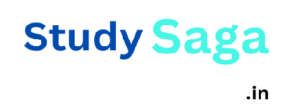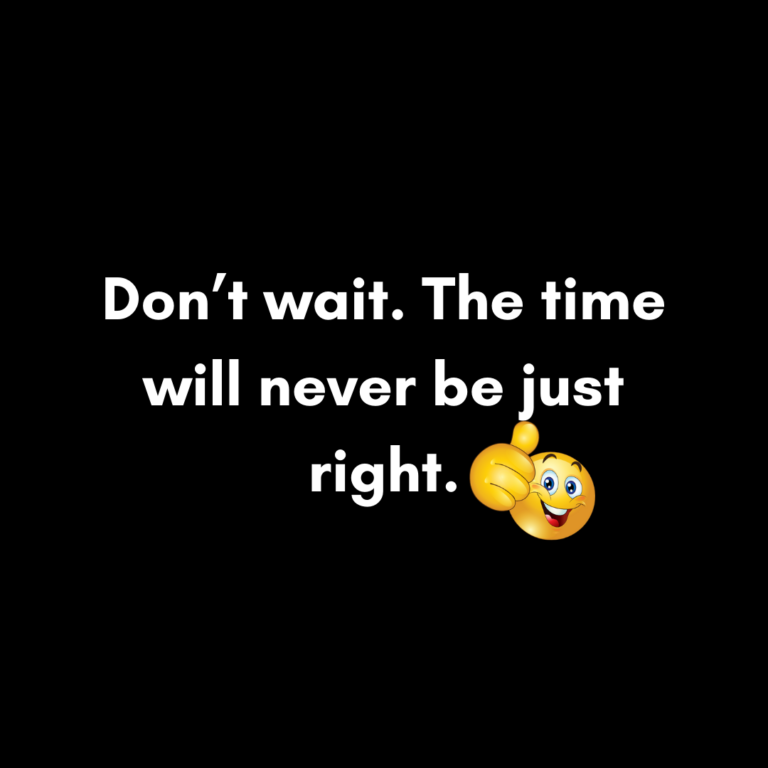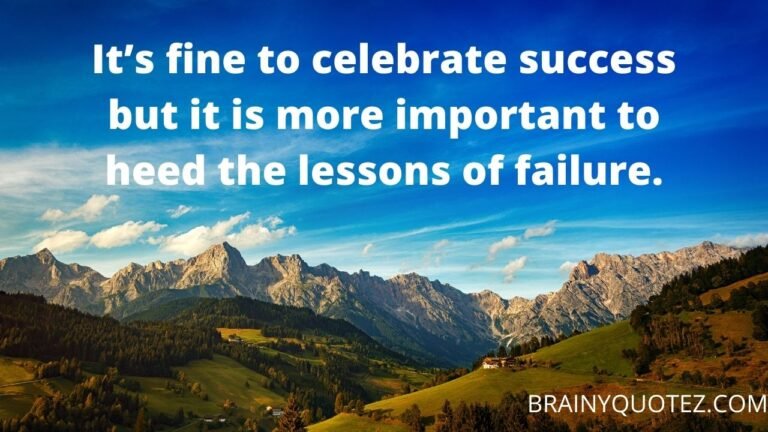Important Reference Books For CSIR NET JRF Chemical Science With Pdf Download For Free
In This post we are give you list of books for Boosting your preparation of CSIR NET Chemistry With pdf’s to download.
In This Section of Important Reference Books here we give more than two books list but you need to choose one or two & if time permit you you can also go for another one and we recommended to prepare more problems as much as possible.
So here the books lists with Pdf links, Just click on the link it will redirect you to the download page.
PHYSICAL CHEMISTRY:
Thermodynamics
1.Physical Chemistry – Thomas Engel & Philip Reid
2.Principles of Physical Chemistry – Puri, Sharma & Pathania
3.A text book of Physical Chemistry (Vol-II) – K. L. Kapoor
Chemical Kinetics & Catalysis:
1.Chemical Kinetics and Catalysis – Richard Mishel
2.Chemical Kinetics – Keith J Laidler
3.A text book of Physical Chemistry (Vol-V) – K. L. Kapoor
Electrochemistry
1.An Introduction to Electrochemistry – Samuel Glasstone
2.Electrochemistry – Philip H. Rieger
3.A book of Physical Chemistry (Vol-III) – K L Kapoor
Quantum Chemistry
1.Quantum Chemistry through Problems and Solutions – R.K. Prasad
2.Quantum Chemistry – Donald A. McQuarrie
Molecular Spectroscopy
1.Fundamentals of Molecular Spectroscopy – Colin N. Banwell
2.Physical Methods – Russel S. Drago
Group Theory
1.Chemical Applications of Group Theory – F. Albert Cotton
Collides & Surfaces
- Surface Chemistry – A Goel
- 2.Introduction to Surface Chemistry & Catalysis – Gabor A. Somorjai
ORGANIC CHEMISTRY:
Principles of Stereochemistry
- Stereochemistry Conformation and Mechanism -P.S. Kalsi
- Stereochemistry of Organic Compounds – E. L. Eliel
Organic Reaction Mechanism
1.A Guidebook to Mechanism in Organic Chemistry – Peter Sykes
2.Organic Chemistry -Clayden, Greeves, Warren and Wothers
Advanced Organic Chemistry
1.Part-A: Structure and Mechanism – Francis A. Carey, Richard J. Sundberg
2.Part-B : Reactions and Synthesis – Francis A. Carey, Richard J. Sundberg
Reagents in Organic Synthesis
1.Modern Methods of Organic Synthesis – William Carruthers, Iain Coldham
Organic Synthesis
1.Organic Synthesis the disconnection approach – Stuart Warren
Spectroscopy
- Spectrometric Identification of Org. Compounds – R. M. Silverstein, F. X. Webster
- 2.Organic Spectroscopy – William Kemp
Pericyclic Reactions
1.Pericyclic Reactions – R T Morrison, R N Boyd
Photochemical Reactions
1.Organic Photochemistry – James H. Coxon, B. Halton
INORGANIC CHEMISTRY:
Chemical Bonding and Shapes of compounds
1.Inorganic Chemistry – J. E. Huheey
2.Inorganic Chemistry – Meissler & Tarr
Main Group Elements (s and p blocks)
1.Concise Inorganic Chemistry – J. D. Lee
Transition Metal & Coordination Compounds (d block)
1.Concise Inorganic Chemistry – J. D. Lee
2.Inorganic Chemistry -Meissler & Tarr
3.Mechanism of Inorganic Reactions – Fred Basolo, Ralph G. Pearson
Organometallic Compounds
- Concept and Models of Inorganic Chemistry – Bodie Douglas, Darl McDaniel, John Alexander
- Inorganic Chemistry – Catherine E. Housecraft, Alan G. Sharpe
Bioinorganic Chemistry
1.Inorganic Chemistry – Shriver & Atkins
2.2. Inorganic Chemistry – James E. Huheey, E.A. Keiter, R. L. Keiter, O. K. Medhi
Analytical Chemistry
1.Instrumental Method – Skoog, Holler & Crouch



Pingback: Reference Books For CSIR NET JRF With Pdf Download - StudySaga.in